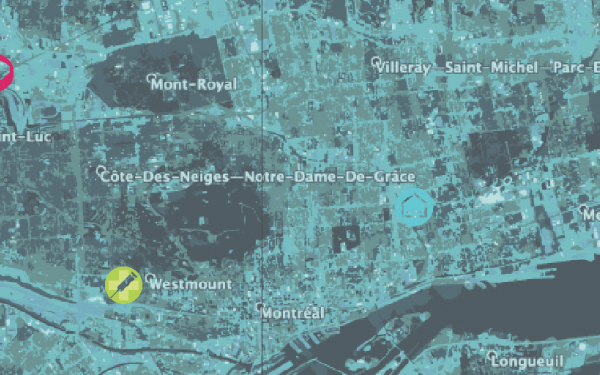Editorial: Systems in Sync
Health is One of Those Topics That’s Tough to Pin Down
It’s both individual and social, it’s related to our personal choices and to our environment, and it means many different things to many different people.
Talking about mental and physical health can be frustrating when our understanding of the self appears to have remained stagnant within the collective conversation. We have a gap between what is required and what is possible, and we often struggle to keep our head above the raging waters.
We’re overwhelmed; there’s so much going on, oftentimes we feel like we can never catch a break. Navigating self-care can be difficult—it’s something we learn as we grow older. But self-care is different for everyone. What feels invigorating for some people is harmful to others. There’s no one-size-fits-all approach.
While meditation and exercise may work for some, others may prefer other forms of care, like art or dance therapy. We all have individual challenges that we deal with in our own way. That being said, care should not only exist on an individual level, it should exist at the community level, and we should all check in with each other routinely.
People face different barriers in overcoming their health problems in accordance with their identity. Women and non-binary people—especially those who are also people of colour—tend to be put on waiting lists more than men, and doctors tend to not take their concerns seriously on a systemic level. These barriers can lead to their issues being left untreated or misdiagnosed for years.
On the other hand, men often have a hard time expressing their emotions, andhave a hard time crying, because they are conditioned from a young age to feel shame when they cry. Seeking help from professionals can be especially intimidating for men, because of the stigma attached to asking for help. They are often at higher risk of suicide because of this.
And while mental health and physical health are often represented as two separate fields, we think it’s important to remember that they reinforce and affect each other in various ways. They cannot be disconnected from each other in our thinking.
We also think it is important to have a conversation about how perceived social class hinders access to health services. International students and undocumented people don’t get access to Quebec’s public health insurance, and often can’t afford the fees being asked of them. Unpaid interns face psychological stress from having to balance their internship with their wage jobs, studies, personal life and family.
Maintaining a stable body and mind is a constant struggle, based in both our individual chemical makeup and our collective relationships. As such, health needs to be a collective conversation. While this magazine presents certain examples and types of health, there is no set way to define it, and it’s important to note that this is not an exhaustive look into the concept of health.
This conversation needs to continue long after you’ve finished reading the words between these covers. There is still a lot of work to be done.


_600_832_s.png)




_600_375_90_s_c1.JPG)